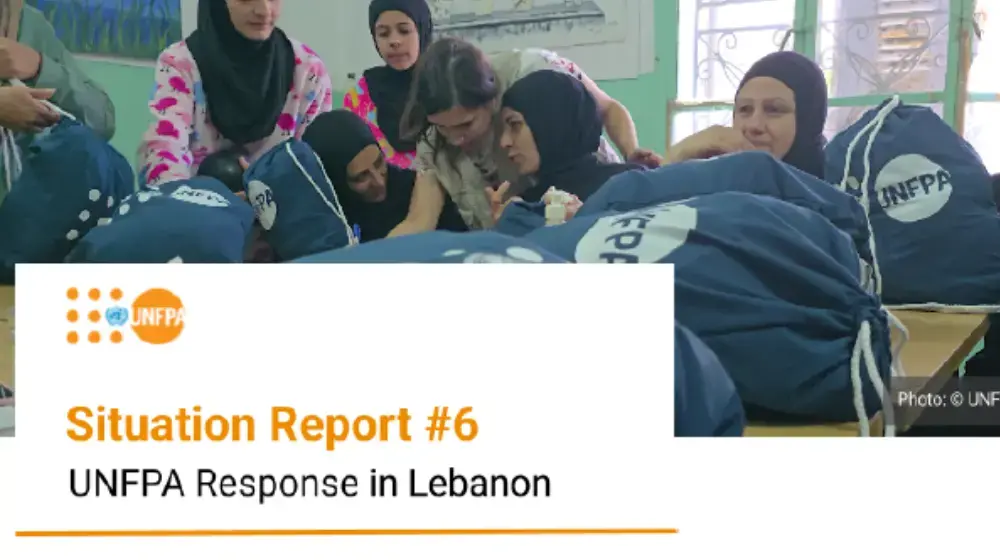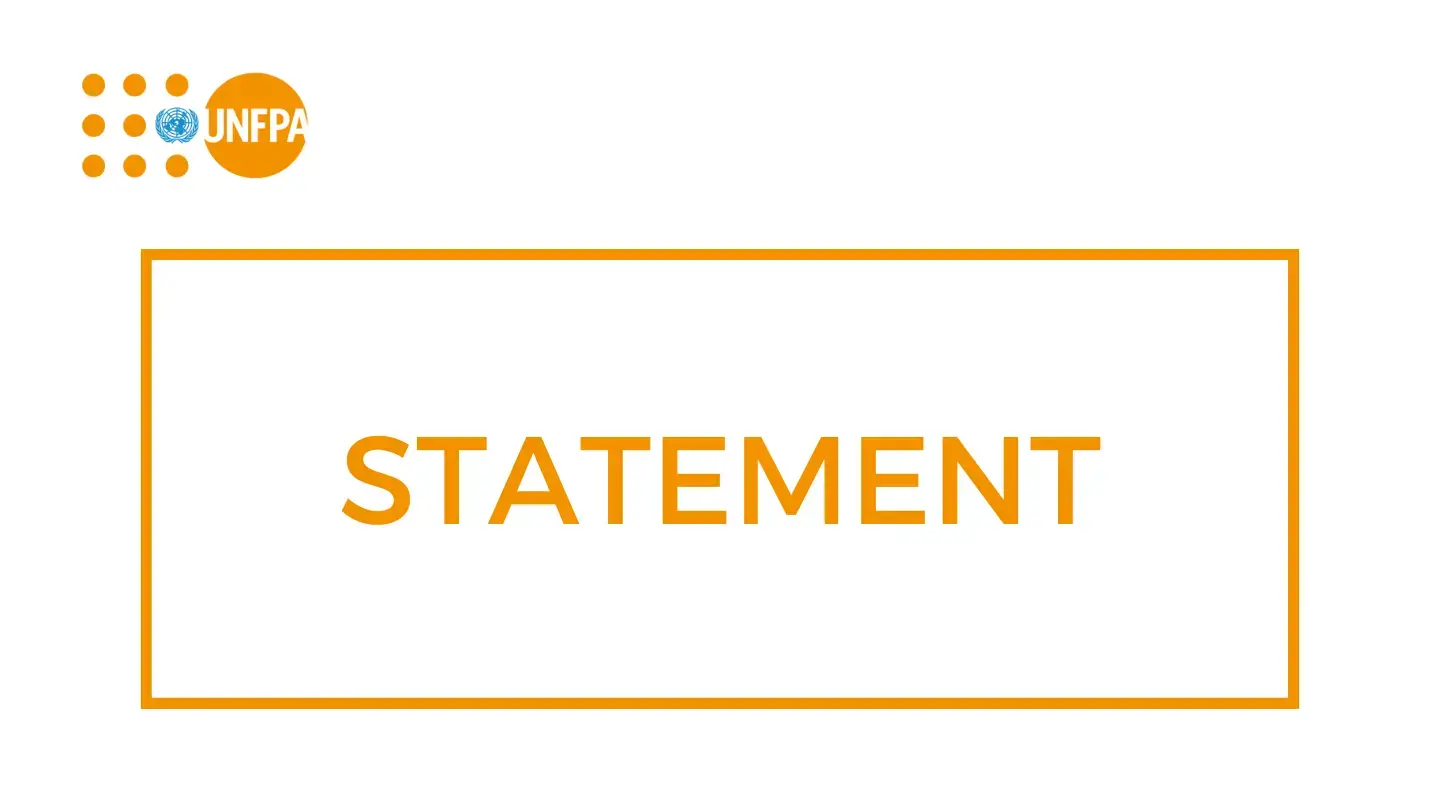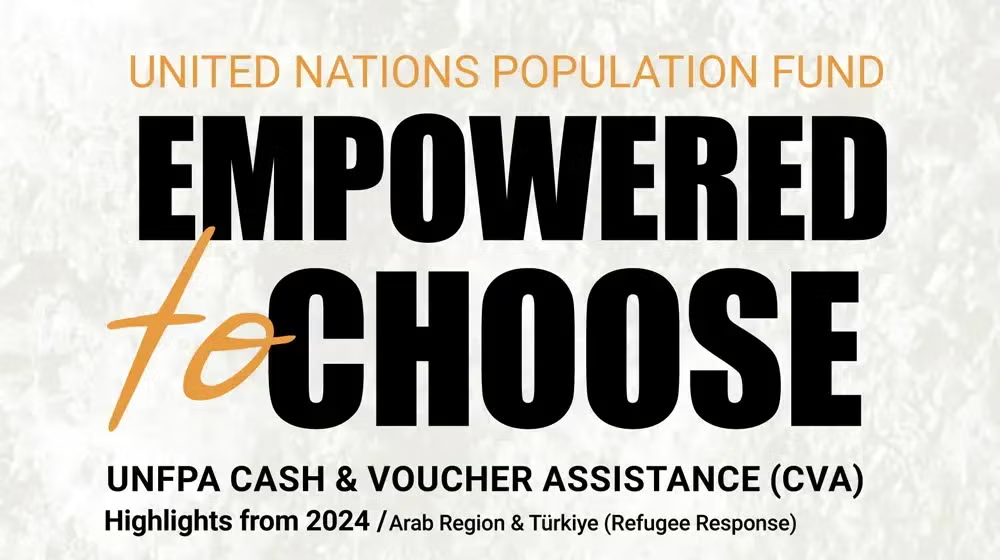Adolescence is a universally difficult transition for girls around the world. In Gaza, girls have to go through this transition under siege, a 50 year-old occupation and a gruelingly difficult economy.
“What makes me afraid is that the political situation is very deteriorated at the moment. War is possible at any minute. Shelling is possible at any minute. Things like that make one anxious and nervous all the time,” said Aya, a 15 year-old girl from Gaza.
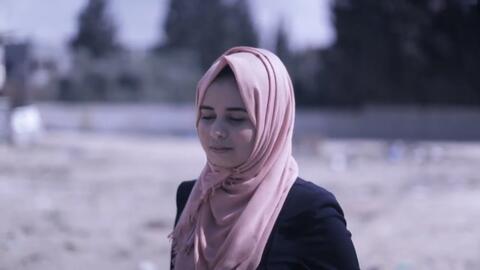
© UNFPA- Captured from video
Under blockade since 2007, Gaza is a site of continuous tension and violence which exacerbates the vulnerability of young women and girls. The volatile security and economic situation also takes its toll on the community, causing women and girls’ needs and rights to take a back seat to other issues that are perceived as more pressing priorities. This limits young women and girls’ ability to voice their needs and dreams, and to advocate for change.
“There are girls who managed to overcome the social traditions and achieved their goals,” Aya said, “Those girls give others a push to overcome such barriers.”
Ibtihal, a 24 year-old woman from Gaza is one of these girls. Upon finishing her secondary school, she was expected to get married at 16 or 17 like most girls in her community and to stop pursuing higher education. But she always wanted to become a journalist and said she was not ready to get married. She spent a long time trying to convince her family to let her go to university. When her attempts were finally successful, she realized she had to try harder to convince them to allow her to study journalism in particular because it was seen as an inappropriate discipline for girls.
“They took my certificate and enrolled me in Arabic language studies. I was very upset but couldn’t speak up,” Ibtihal recalled.
With more campaigning from her side, and with the help of family members’ mediation, she finally enrolled in the school of journalism and eventually graduated with the second highest score in her class. She dreams of continuing her academic studies until she obtains a PhD degree. Things have changed ever since her graduation as her success changed her family’s attitude.
“I see how much pride there is now of my achievements and how my surrounding community now sees that I can be inspiring to others,” Ibtihal said with a grin.
Like Ibtihal, Aya has a dream that she intends to fight for. She wants to study medicine to become a successful gynecologist, and to only marry when she’s ready and settled in her career. She worries that the conservative culture of her community will hold her back.
“Society interferes with girls’ personal matters too much and subjects them to rules that are annoying and unfair to girls,” Aya said.
Aya and Ibtihal frequent safe spaces supported by UNFPA, the United Nations sexual and reproductive health agency. Aya likes the debating activity in the center she frequents. Ibtihal wishes the number of safe spaces increase to allow young Gazan women and girls to express themselves and to develop their innovative capacities.
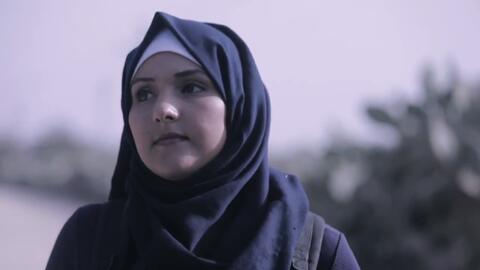
make their own choices.” © UNFPA- Captured from video
When thinking of starting families and having children, the concerns of Ibtihal and Aya often go beyond the question of whether or not they will be able to make reproductive choices for themselves. They also worry about the future of the children and what comes after childbirth.
“It is not just girls,” Ibtihal asserted, “You live in a society where most people can’t make their own choices.”
“The first thing is the wars and the suffering we have been living through. I don’t want my children to grow up and go through the same suffering,” Aya said, “I want them to be able to travel abroad if they want to go on trips and see the world.”
If she has children, Ibtihal said, she would want them to have safe spaces where they can draw, learn music and play. She would want them to be safe and to have economic opportunities. She would want their lives to be easier than hers as a girl in Gaza.
“Being a girl in Gaza means you can lose a member of your family at any point of time,” Ibtihal said, “Being a girl in Gaza means that, for 24 years and until now, I haven’t seen the outside world except through social media and cellphones.”


